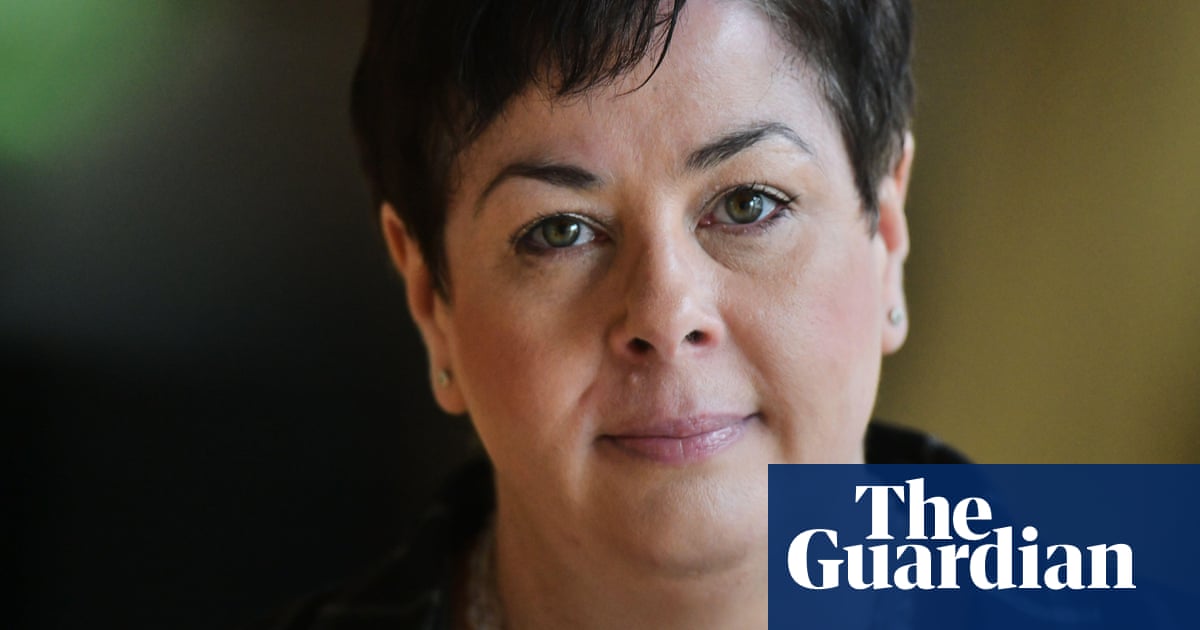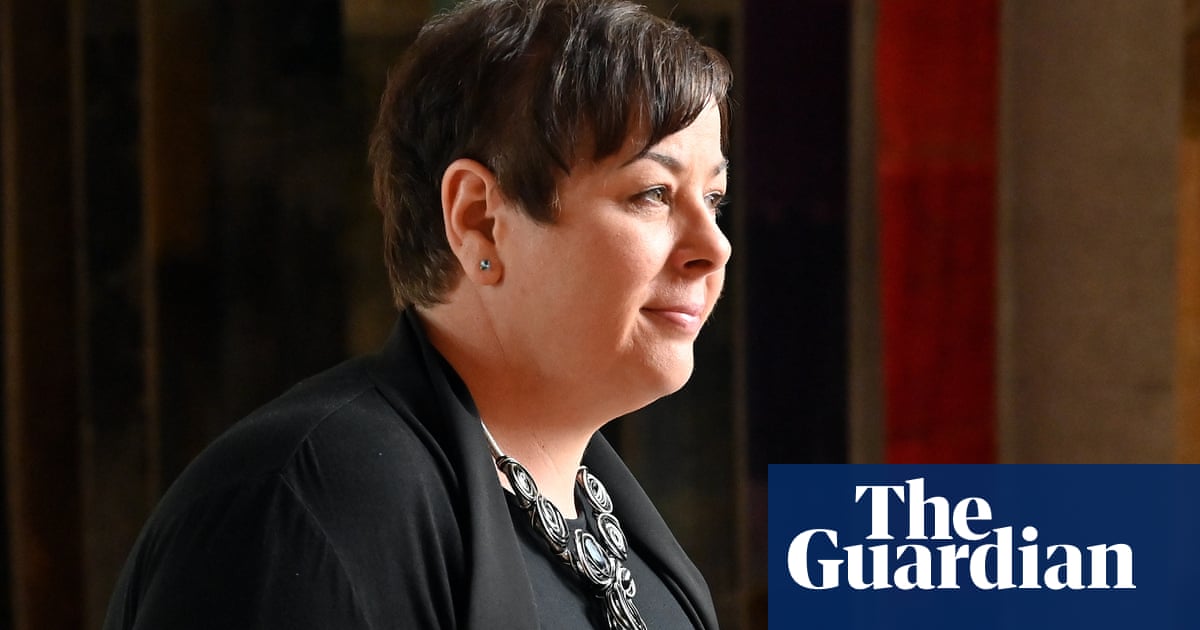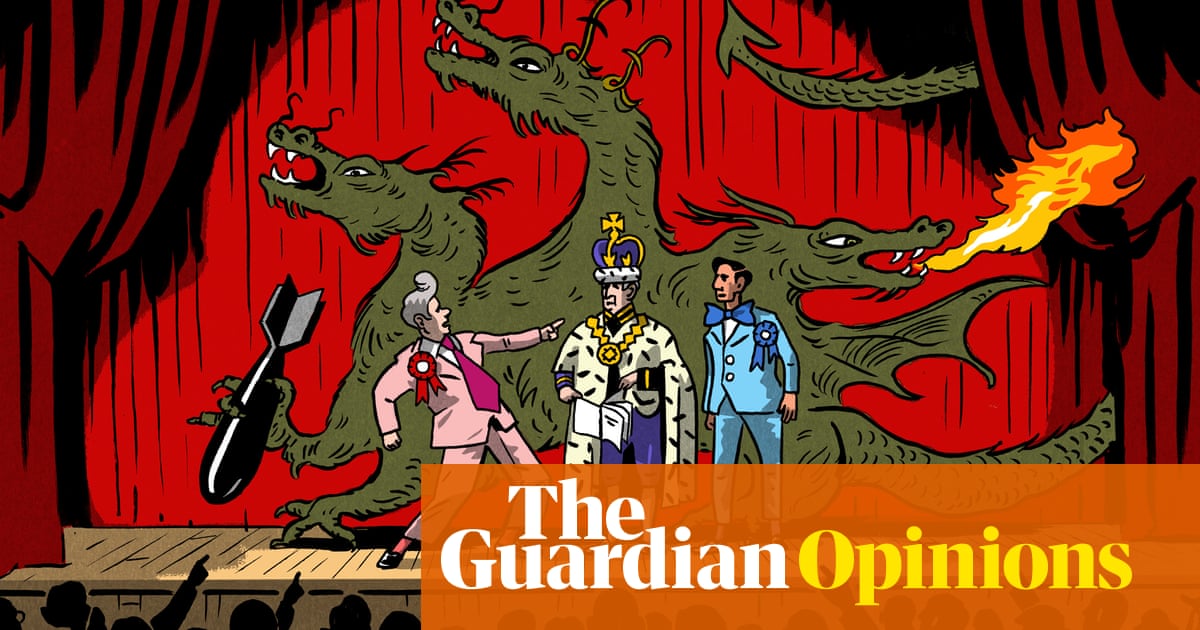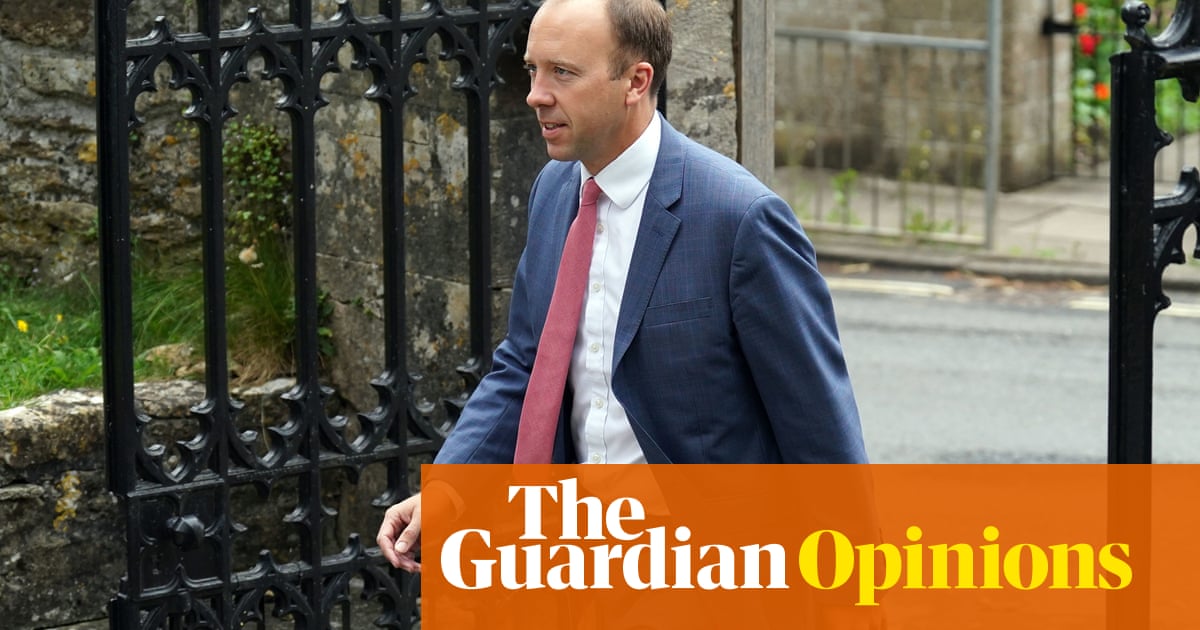
nyone trying to understand why support for Scottish independence currently stands at 56%, despite the SNP’s patchy domestic performance, could do worse than to look at the way radical proposals to tackle the country’s drugs epidemic have been dismissed by the UK government.
After 1,187 drugs-related deaths in 2018 – a record high and the worst rate in Europe – the cross-party Scottish affairs committee carried out an intensive consultation exercise to identify where Scotland was going wrong, and how it could be put right.
Its MPs talked to hundreds of current and ex-users, frontline service providers and health experts. They also travelled to Europe and North America to look at other countries’ approaches. In Portugal, they saw first-hand how decriminalisation combined with investment in integrated recovery, harm reduction and outreach services had almost eradicated the fatal overdoses that, at one time, affected almost every family. In 2018, more people died from overdoses in Dundee (66 out of a population of 148,000) than in the whole of Portugal.
On a week-long trip, the MPs spent time with policymakers and outreach workers. Later I too spent time on the vans that tour Lisbon and Porto dispensing methadone, and the safe drugs consumption vehicle that allows heroin users to inject under supervision.
Channelling what they had learned, the MPs came up with a radical plan: declare Scotland’s drugs deaths a public emergency, decriminalise the possession of small amounts of drugs, make drugs misuse a health rather than a criminal justice issue, and pilot a safe drugs consumption room (which had previously been ruled out as a breach of the Misuse of Drugs Act 1971).
Ten months after the committee delivered its report, the UK government has rejected its recommendations almost wholesale. There will be no change of approach; no decriminalisation; no drugs consumption room pilot. Nor will it declare the problem a public emergency, a move that would have forced all areas of government – health, education, the police and the courts – to pull together to make tackling drugs deaths a priority.
The warning signals were there: according to the Scottish government, the UK government did not consult it before announcing a national drugs summit in Glasgow in February; nor did it invite anyone with lived experience to attend. All the same, what a slap in the face not merely to the MPs who undertook the consultation exercise, but to the hundreds who participated. What a slap in the face to the bereaved relatives who relived their trauma in the hopes that doing so might make a difference to others.
The extent to which the UK government failed to engage with the arguments can be seen in the following statement. “There is a strong link between drugs and crime, which is why we reject the assertion that the Department for Health and Social Care should lead on drug misuse,” it wrote. “We know that people who regularly use heroin, cocaine or crack cocaine are estimated to commit around 45% of all acquisitive crime.” Yet in Portugal, decriminalisation led to a reduction not only in overdoses and HIV infections, but also in drug-related crime.
Of course, where UK constitutional politics are involved, things are never black and white. The Scottish government is not blameless on drugs-related deaths – its own services are fragmented and under-resourced, with users bounced back and forth between mental health and drugs services, and sometimes punished for their chaotic lifestyles.
Last year, the mother of one Dundee addict told me how her son had been forced off the methadone programme for failing to pick up one prescription, despite the fact that sudden withdrawal may push users to seek out the street drugs that can lead to fatal overdoses.
Nor is the Scottish government above spinning the UK government’s response to its own advantage; refusing to use what powers it has; playing the blame game, while absolving itself of all responsibility. Whatever the provocation, organising its own drugs summit the day before the UK government’s was petulant. And yet the UK government’s dismissiveness is there for all to see.
Since the scale of drugs deaths became apparent, the Scottish government has taken action. It has set up a national taskforce and announced £20m to be spent on “delivering innovative projects, testing new approaches and developing a national pathway for opiate substitute therapy”. It has supported the training of police officers, relatives and outreach workers in the use of naloxone, which reverses the effect of an opioid overdose.
Scotland’s most senior law officer, James Wolffe, has also supported the use of alternatives to prosecution. Last year it emerged that just one in 30 recorded drug offences had led to a prison term.
But the Scottish government’s scope is limited: so long as it is forced to comply with the Misuse of Drugs Act 1971, addiction cannot fully be treated as a health issue in the way it is in Portugal.
This frustration – caused by diverging geographical needs and vision, combined with intransigence at Westminster – is felt in other areas too: in immigration and asylum policy, which is impacting on the mental and physical wellbeing of some of Scotland’s most vulnerable residents; and, in the lack of borrowing powers that would enable Nicola Sturgeon to extend the furlough scheme if – as anticipated – Rishi Sunak ends it next month.
With the UK government refusing to change its position on drugs policy, a former heroin user called Peter Krykant has launched his own unauthorised mobile safe drugs consumption room in a Ford Transit minibus. Krykant has been told he could be breaking the law, but the police seem unsure how to respond.
Meanwhile, the country’s grim toll mounts. It is feared the figures for 2019 could be higher even than in 2018. Earlier this year, in a garden at Springburn parish church in Glasgow, every drugs death was marked, every individual life commemorated, with a little white cross. The losses continue to grow. So too does support for independence.
• Dani Garavelli is a freelance journalist and columnist for Scotland on Sunday












